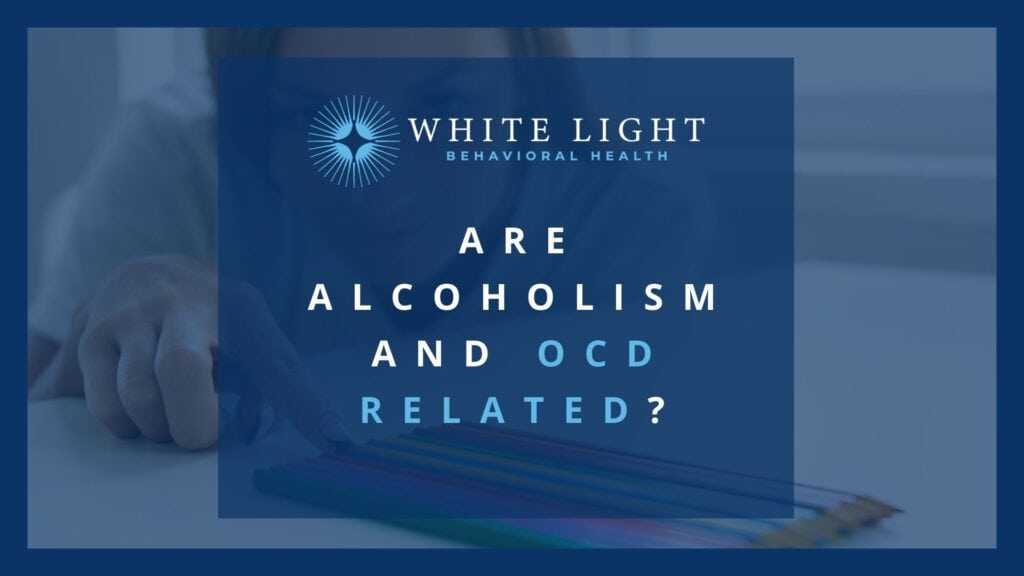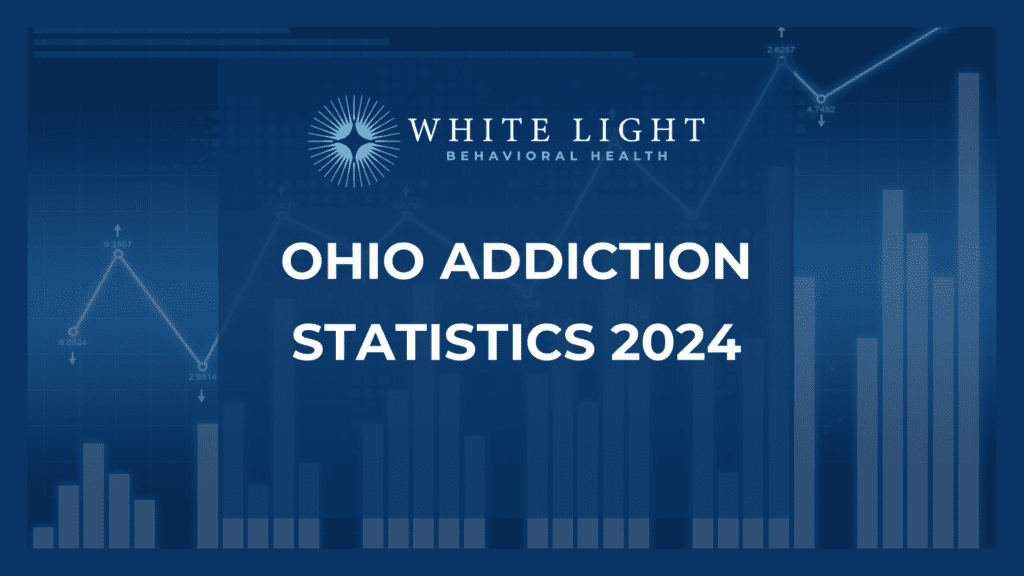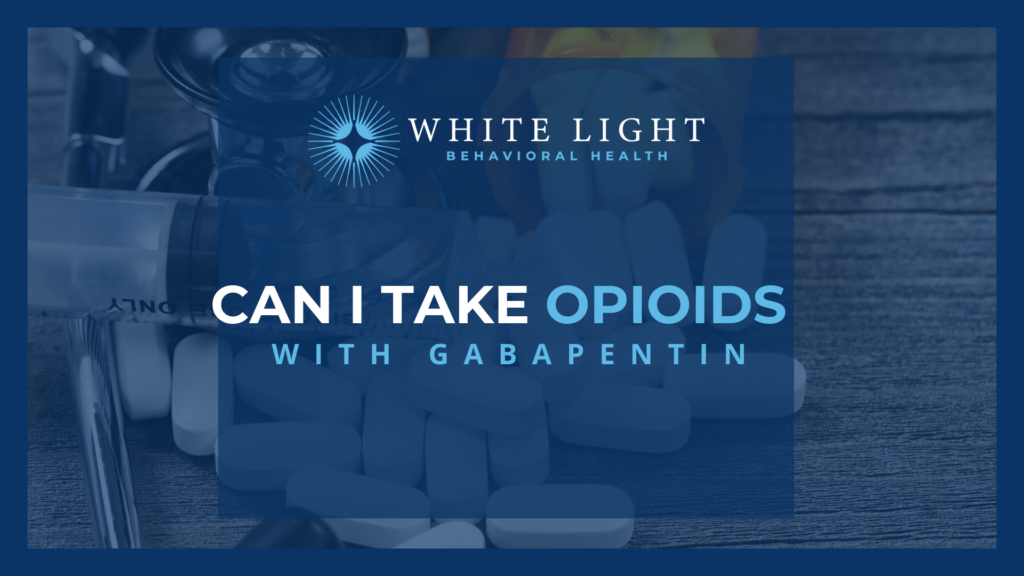Alcoholism and Obsessive-Compulsive Disorder: Connections to Consider
Obsessive-compulsive disorder (OCD) is an illness that must have two components. The first is obsessive thoughts that are inappropriate. For example, someone with an obsessive fear of bacteria may be terrified of getting sick. Their thoughts might revolve around avoiding germs 24/7 — obsessive to such a degree that they could prevent the individual from participating in society.
The second component of obsessive-compulsive disorder is compulsion. The obsessive thoughts cause the person to feel compelled to act in a certain way. For example, a person whose obsession is germs may feel compelled to wash their hands dozens of times during the day, sometimes to the point that the behavior damages their skin or creates other issues. Someone with OCD may know that their thoughts and behaviors are irrational but be literally unable to stop.
Diagnosing OCD
If you are struggling with anxiety and concerned that you have OCD, it is critical to be properly diagnosed. It’s estimated that 18% of the population suffers from an anxiety disorder and that fewer than half of those sufferers are receiving treatment. OCD affects just 2%-3% of the population.
A physician named Jamarie Geller, M.D., M.A. in October 2022 also addresses the amount of time dedicated to obsessive thoughts and compulsive actions. Currently, the diagnosis of OCD means that you spend an hour a day dealing with obsessive thoughts and accompanying compulsive actions.
Current research indicates that OCD is not just a function of focus and behavior. A neuropsychiatric group led by Professor Peter Silburn at Queensland Brain Institute has shown how the brain activity of individuals with OCD differs from that of those who do not have this disorder. OCD appears to cause excess activity in the brain’s frontal regions, and this may explain the intrusive thoughts and high levels of anxiety that characterize this disorder.
Symptoms include:
- An obtrusive focus on negative thoughts
- The inability to stop those negative thoughts
- A negative emotional reaction to those thoughts
When the psychological pressure from those negative thoughts becomes severe, sufferers often find that engaging in a compulsive action to address the negative thoughts offers a temporary respite. These compulsive actions make people with OCD feel pleasure. Their brains release dopamine when they engage in compulsive action. However, this pleasure is temporary and does not stop the obsessive thoughts.
For some OCD sufferers, the condition is genetic. For others, a history of childhood trauma can have an impact on the development and severity of the disease.
Treatments for OCD are varied, with psychotherapy and medication being two of the most common. Selective serotonin reuptake inhibitors (SSRIs) can reduce the severity of OCD symptoms, and severe OCD can be eased with deep brain stimulation (DBS), which involves implanting electrodes in certain areas of the brain. Mild OCD symptoms can be reduced with psychotherapy and behavior modification according to Laura Dorwart.
People struggling with obsessive thoughts that they cannot stop are often frozen in place. The compulsive behavior or action often brings only temporary relief from overwhelming anxiety. Treating the disorder means addressing the altered brain function, behavioral issues, and psychological challenges caused by the condition.
OCD Brain Structure and Function
Activity in the OCD brain is often focused on risk and danger. These anxious thoughts increase mental stress and give the negative thoughts more power. A report by Owen Kelly, Ph.D. in VeryWellMind in December 2023 shows that Some OCD sufferers believe that thinking about a negative behavior is as destructive and dangerous as engaging in it.
A person with OCD can quickly become stuck in a loop of obsessive thoughts about possible risks without having a way to stop them. In such cases, obsessive thoughts cycle until compulsive actions and behaviors seem to be the only possible moves to make.
Serotonin
There are several differences between an OCD brain and a healthy brain. As per Laura Dorwart’s findings on VeryWellHealth, Many who struggle with OCD have low levels of serotonin. Serotonin is a chemical that has a huge impact on your health and happiness. People without enough serotonin can struggle with anxiety and depression. OCD sufferers often face a dangerous combination of low serotonin production and fewer serotonin receptors.
A psychologist named William Hwang Psy.D. says that Working your way out of a frustrated state takes tools and flexibility that a person with OCD either doesn’t have or can’t access. For example, recommendations to take a walk or write in a journal may be mentally impossible for a sufferer of OCD.
Humans produce serotonin in the brainstem and enteric system. The enteric nervous system extends from the esophagus to the anus and secretes serotonin. Because of the system’s location in the digestive system, substances like alcohol that are processed in that system can affect serotonin production.
What Alcohol Does to the Enteric Nervous System
Alcohol can do a great deal of damage to your digestive tract. It can increase stomach acid production and control acid reflux. Long-term alcohol abuse can damage the function of the smooth muscles of the lower intestine, leading to sluggish digestion and constipation or diarrhea according to Rachel Nall, MSN, CRNA.
An unhealthy digestive tract will limit your ability to generate serotonin. If you are already struggling with a low number of serotonin receptors as part of your OCD condition, drinking alcohol is a dangerous choice.
What Alcohol Does to the Brain
When a healthy brain is exposed to a euphoria-inducing amount of alcohol, a dopamine rush is common. Dopamine is a chemical that helps you to feel confident. Using alcohol to generate a dopamine rush can overload dopamine receptors.
A Research on Healthfully written by Aubri John in December 2018 shows that people with OCD experience a burst of dopamine when they engage in compulsive behavior. The relief is temporary. Using alcohol to generate that rush instead of compulsive behavior can create a powerful sense of control.
It’s important to remember that people with OCD cannot stop the intrusive thoughts that trouble them. They engage in compulsive activities to temporarily address those thoughts. When individuals with OCD use alcohol to boost their dopamine output, they temporarily negate the need for compulsive action.
For some OCD sufferers, alcohol may reduce the number of obsessive thoughts that come up. Alcohol can also numb the impact of negative thoughts. Because some of these obsessive thoughts can be powerful and distressing, OCD sufferers may use alcohol to lessen the pressure caused by thoughts of anger or violence.
Alcohol withdrawal can create anxiety tied to lessened serotonin production. If you are already dealing with a lower-than-healthy number of serotonin receptors, the impact of alcohol and alcohol-related anxiety can be crippling and that leads to brain damage.
Risks of Building Up a Tolerance
The body builds up a tolerance to alcohol and its effects if you use it a lot. For a person struggling with OCD, one drink may have been all that was needed to generate a dopamine rush in the beginning. After sustained alcohol use, it will take more alcohol to produce the same dopamine rush. Increasing your alcohol intake will suppress serotonin production in the brain and cause more damage to your digestive tract over time.
Protecting Dopamine Receptors
OCD sufferers address their obsessive thoughts by engaging in a compulsive action, which releases dopamine. Drinking alcohol releases dopamine. Too much dopamine can damage dopamine receptors over time. People with OCD who use alcohol to increase dopamine production may eventually lose pleasure in drinking. This can cause crippling depression and anxiety.
OCD, Anxiety, and Depression
There is a strong link between OCD and anxiety as well as OCD and depression. Obsessive thoughts that may seem inescapable keep coming. Negative emotions limit your ability to find contentment because you cannot focus on anything safe or positive. To manage your obsessive thoughts, you may start to allow compulsive behaviors to take over your life. These compulsive behaviors only offer temporary relief and leave you even more isolated.
Alcohol is a depressant that affects the central nervous system. It slows brain activity and can delay or prevent the connections between your nerves and synapses.
One drink may slow your brain and slow or shut down repetitive thoughts. By the second or third drink, the euphoric dopamine rush kicks in, and you feel more confident about saying what you think.
The depressive aspects of alcohol may appear to be positive. Your inhibitions disappear, and your confidence increases. Unfortunately, such aspects of drinking to excess signify that electrical impulses in the brain are not functioning well.
When you stop drinking, you may suffer a drop in serotonin production. Since many OCD sufferers already struggle with low serotonin production or a low number of serotonin receptors, self-medicating with alcohol can quickly make OCD symptoms worse.
OCD and Alcoholism Are Both Complex Diseases
Some people can manage their OCD with SSRI medications. Others benefit greatly from behavior modification or psychotherapy. However, all these treatments are designed and provided by a medical professional.
Treatments for alcohol addiction generally start with a monitored detox program. Depending on the duration of your alcohol use, the amount that you’ve been drinking, and other health and genetic factors, detox can take anywhere from one to three days to overcome the physical aspects of alcohol addiction.
Look Forward to a Healthier, Happier Future
Once you have undergone detox, the real healing can begin. You can choose residential or outpatient care depending on your needs. Those who have developed a severe alcohol addiction or whose OCD symptoms and behaviors have become unmanageable will likely benefit from our inpatient program. This allows you to focus on healing with intense individual and group therapy sessions as well as potential medical interventions that can help you get your OCD under control.
Those who have not been using alcohol for long and who have a strong support system at home may benefit from our intensive outpatient or partial hospitalization program. These allow the client to sleep at home, and then return to the center the next day or evening for extended sessions of group and individual therapy.
Once you’ve completed treatment at White Light, you may choose to join a 12-step program. Many clients also find success with an alternative program to address alcohol addiction.
The choice to seek treatment for mental health concerns or addiction is highly personal. Know that it is possible to find a full continuum of treatment in person. With excellent care from our team at White Light Behavioral Health, you can address both your OCD and addiction concurrently rather than consecutively.
Building a healthier future requires a focus on long-term health rather than a short-term fix. If alcohol has become your go-to fix for OCD symptoms that you can’t manage any other way, help is available. Reach out to White Light Behavioral Health for help to start on a better path.
Are there any genetic factors that contribute to both alcoholism and OCD?
Genetic factors play a significant role in both alcoholism and obsessive-compulsive disorder (OCD). Studies suggest that certain genetic variations can increase susceptibility to both conditions. For instance, variations in genes related to serotonin regulation, such as the SLC1A1 gene, have been associated with OCD and also linked to alcohol dependence. Additionally, family studies have shown that individuals with a family history of alcoholism or OCD are more likely to develop these conditions themselves, indicating a hereditary component.
How does stress impact both alcoholism and OCD?
Stress can exacerbate symptoms of both alcoholism and OCD. Individuals with OCD may experience heightened anxiety and compulsive behaviors during stressful periods, leading to increased reliance on alcohol as a coping mechanism. Similarly, individuals with alcoholism may experience heightened cravings and withdrawal symptoms when under stress, which can exacerbate compulsive drinking behaviors. Chronic stress has also been linked to alterations in brain chemistry and function, further contributing to the development and maintenance of both conditions.
Is there a relationship between trauma and the co-occurrence of alcoholism and OCD?
Traumatic experiences can increase the risk of developing both alcoholism and OCD. Research suggests that individuals who have experienced trauma, such as physical or sexual abuse, are more likely to engage in alcohol abuse as a means of self-medication or coping with distressing symptoms. Moreover, trauma can trigger or exacerbate symptoms of OCD, leading to increased alcohol consumption as individuals attempt to alleviate their anxiety or intrusive thoughts. Addressing trauma through therapy and support can be crucial in managing both conditions effectively.
How does cognitive-behavioral therapy (CBT) address both alcoholism and OCD?
Cognitive-behavioral therapy (CBT) is a widely used therapeutic approach that has been effective in treating both alcoholism and OCD. In the context of alcoholism, CBT helps individuals identify and challenge maladaptive thoughts and beliefs associated with alcohol use, develop coping strategies to manage cravings and triggers and acquire skills to prevent relapse. Similarly, CBT for OCD focuses on restructuring distorted beliefs and reducing compulsive behaviors through exposure and response prevention techniques. By targeting cognitive and behavioral patterns common to both conditions, CBT can promote long-term recovery and symptom management.
How do neurotransmitters influence both alcoholism and OCD?
Neurotransmitters, such as serotonin, dopamine, and glutamate, play a central role in the development and maintenance of both alcoholism and OCD. Dysregulation of these neurotransmitter systems has been implicated in the pathophysiology of both conditions. For example, abnormalities in serotonin signaling have been associated with the development of OCD symptoms, while alterations in dopamine pathways have been linked to reward-seeking behaviors characteristic of alcoholism. Understanding these neurochemical mechanisms can inform the development of targeted treatments for individuals with co-occurring alcoholism and OCD.
Can medications used to treat OCD also help with alcoholism?
Some medications commonly used to treat OCD, such as selective serotonin reuptake inhibitors (SSRIs) and serotonin-norepinephrine reuptake inhibitors (SNRIs), have shown promise in reducing alcohol cravings and promoting abstinence in individuals with alcohol use disorder. These medications work by targeting neurotransmitter systems implicated in both OCD and alcoholism, thereby addressing underlying neurochemical imbalances. However, individual responses to medication can vary, and a comprehensive treatment approach tailored to the specific needs of each patient is essential.
Are there lifestyle factors that contribute to both alcoholism and OCD?
Several lifestyle factors can contribute to the development and progression of both alcoholism and OCD. High levels of stress, inadequate coping mechanisms, social isolation, and unhealthy relationships can increase vulnerability to both conditions. Additionally, poor sleep habits, lack of physical activity, and dietary factors may exacerbate symptoms or interfere with treatment outcomes. Adopting a balanced lifestyle that prioritizes self-care, stress management, and healthy coping strategies can complement professional treatment efforts and improve overall well-being for individuals affected by alcoholism and OCD.
How can family and social support influence recovery from both alcoholism and OCD?
Family and social support play a crucial role in recovery from both alcoholism and OCD. Positive relationships with friends and family members can provide emotional encouragement, practical assistance, and accountability during the recovery process. Involvement in support groups, such as Alcoholics Anonymous or OCD support groups, can also offer validation, understanding, and peer-based guidance. By fostering a supportive environment that promotes sobriety, healthy coping strategies, and treatment adherence, loved ones can significantly enhance the likelihood of successful recovery and symptom management.
Is there a connection between perfectionism and both alcoholism and OCD?
Perfectionism, characterized by setting excessively high standards and experiencing distress when unable to meet them, has been linked to both alcoholism and OCD. Individuals with perfectionistic tendencies may turn to alcohol as a means of coping with feelings of inadequacy or failure, especially when faced with stress or criticism. Similarly, perfectionism can fuel obsessive-compulsive tendencies, as individuals strive for flawless performance and engage in compulsive rituals to alleviate anxiety or uncertainty. Addressing perfectionism through therapy and self-awareness can be beneficial in managing both conditions and promoting healthier coping mechanisms.
Why Do People Become Alcoholics?
People become alcoholics due to a combination of genetic predisposition, environmental influences, psychological factors, social/cultural norms, biological changes from alcohol consumption, developmental stages, and personality traits.

Share This Post



